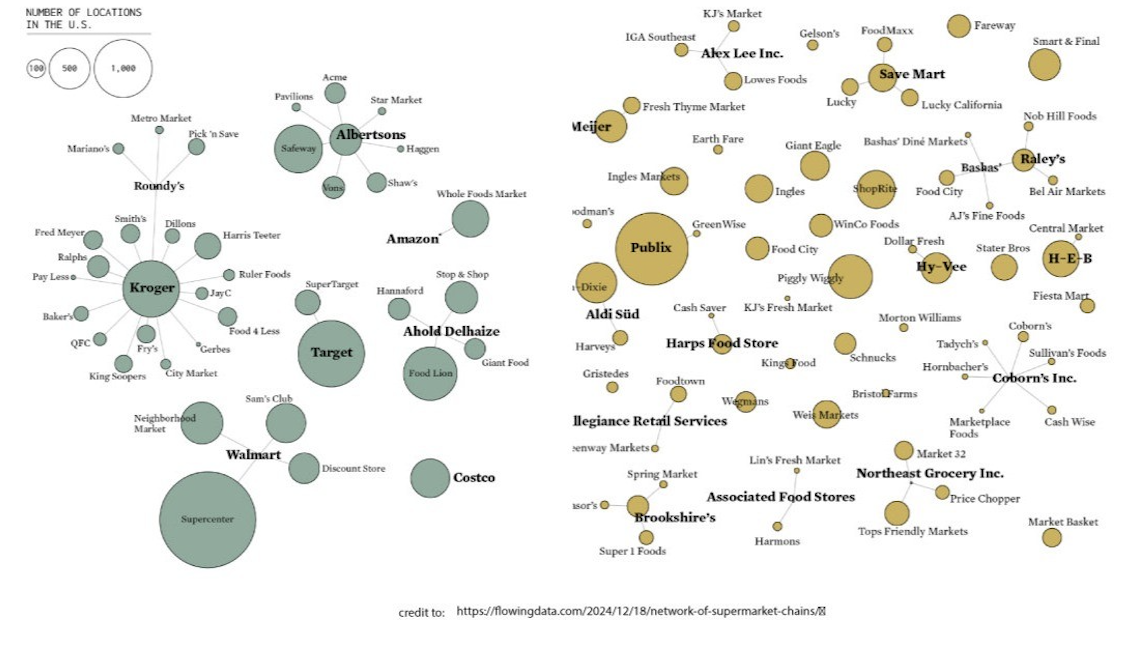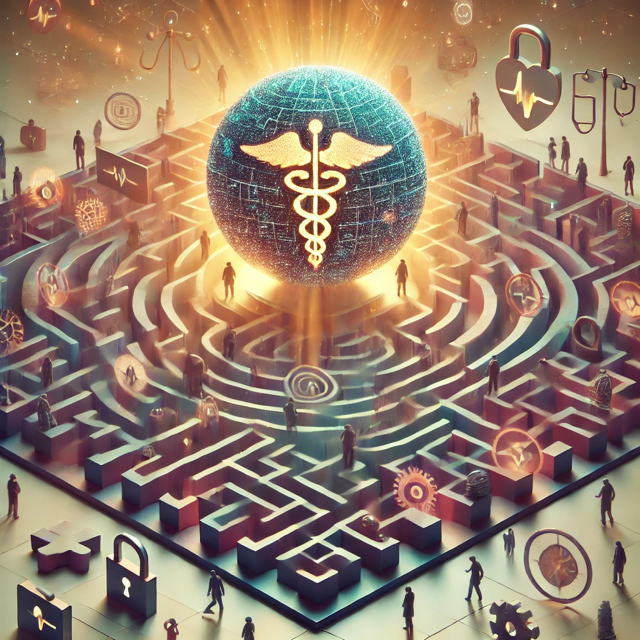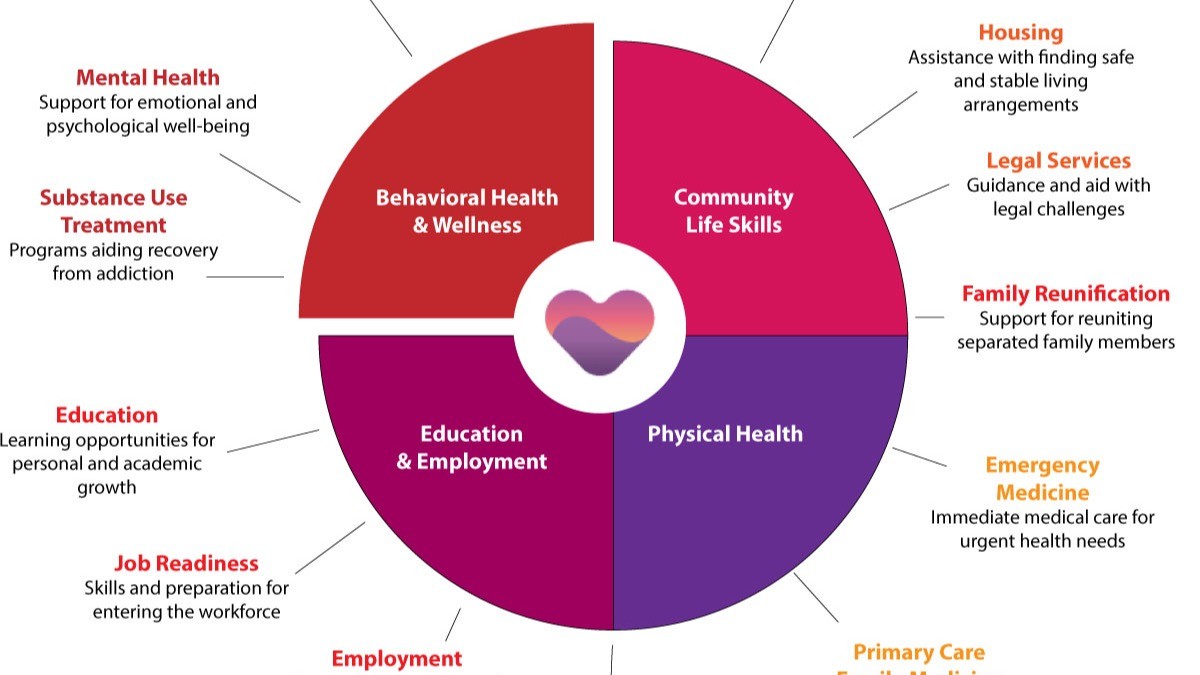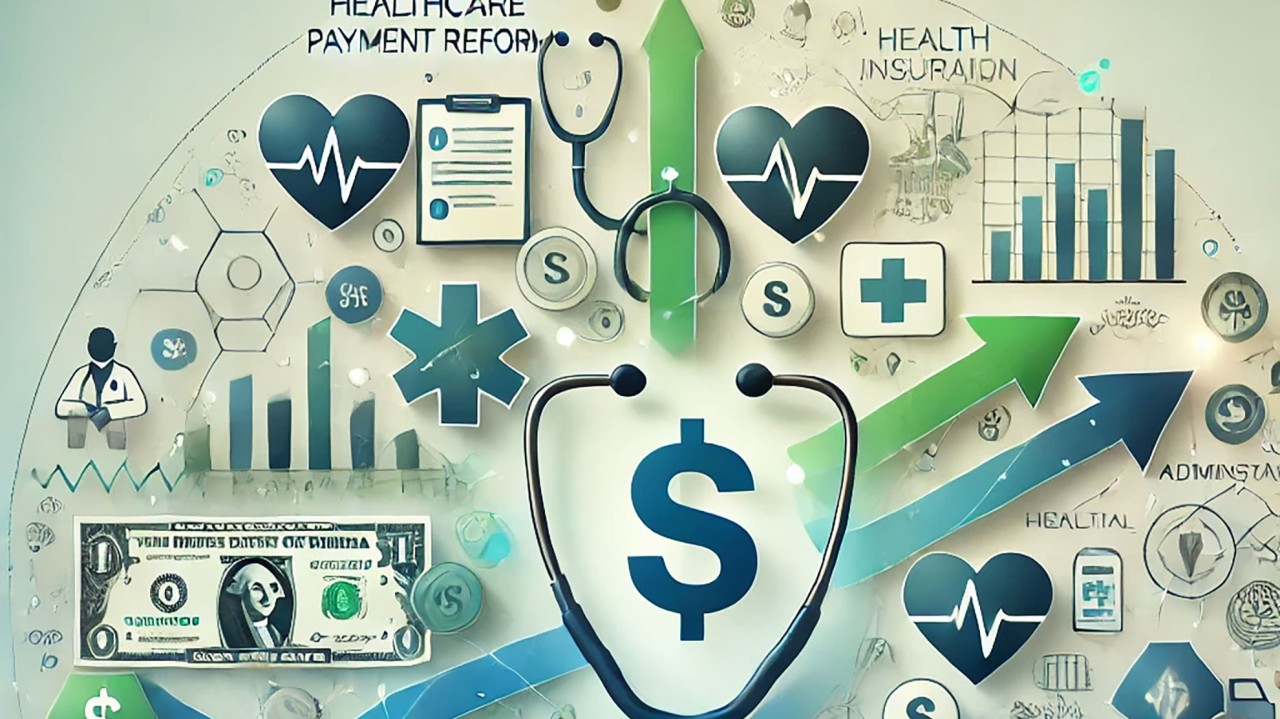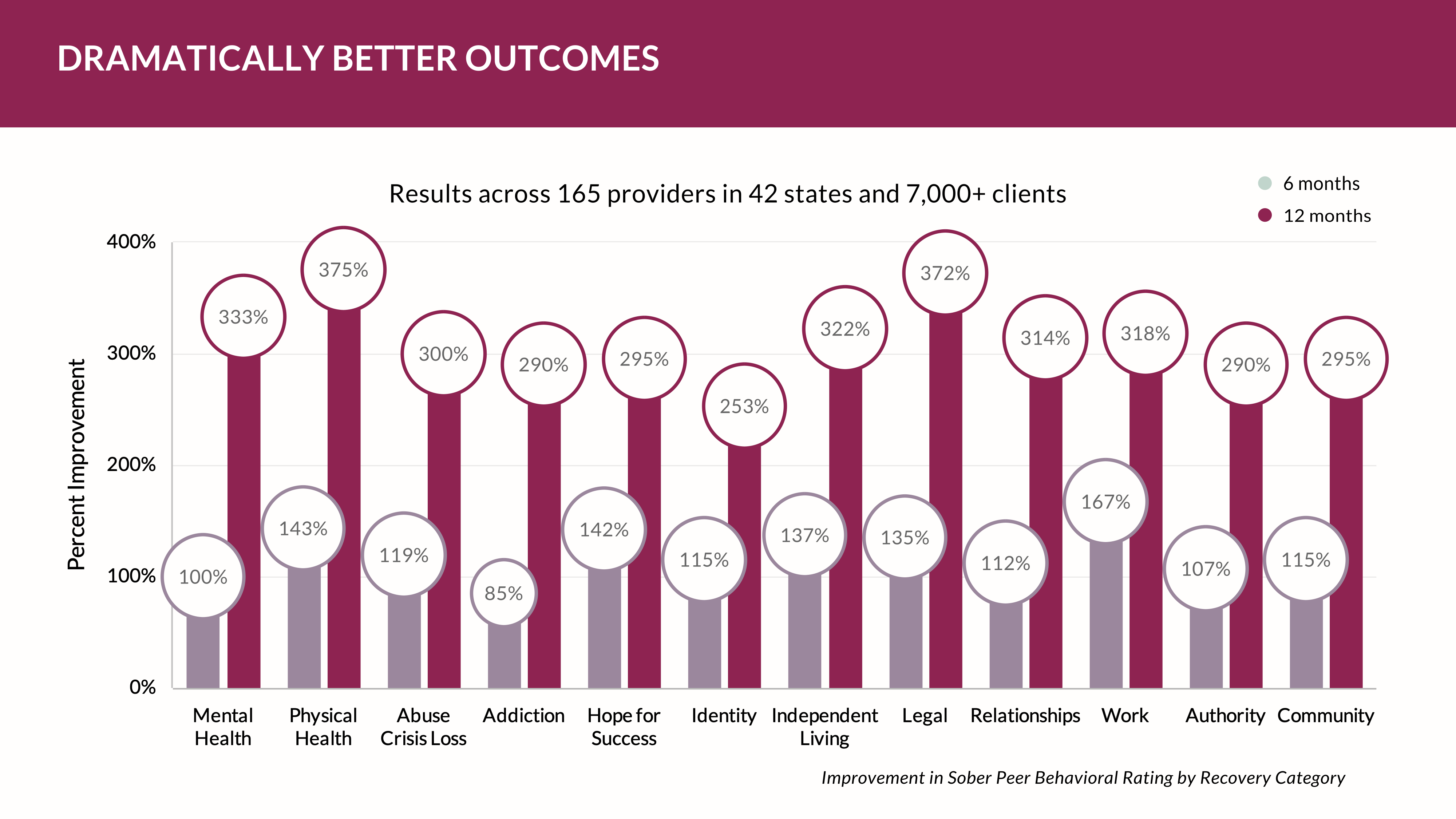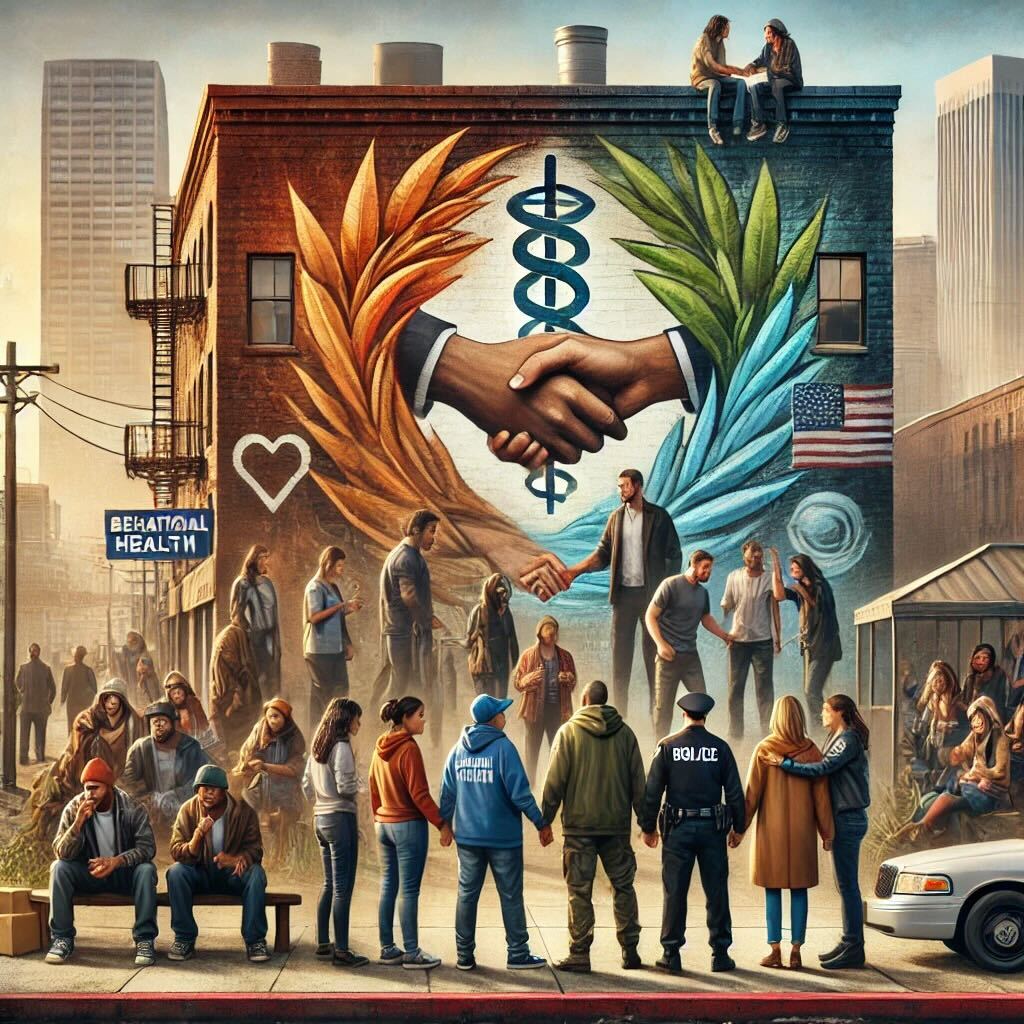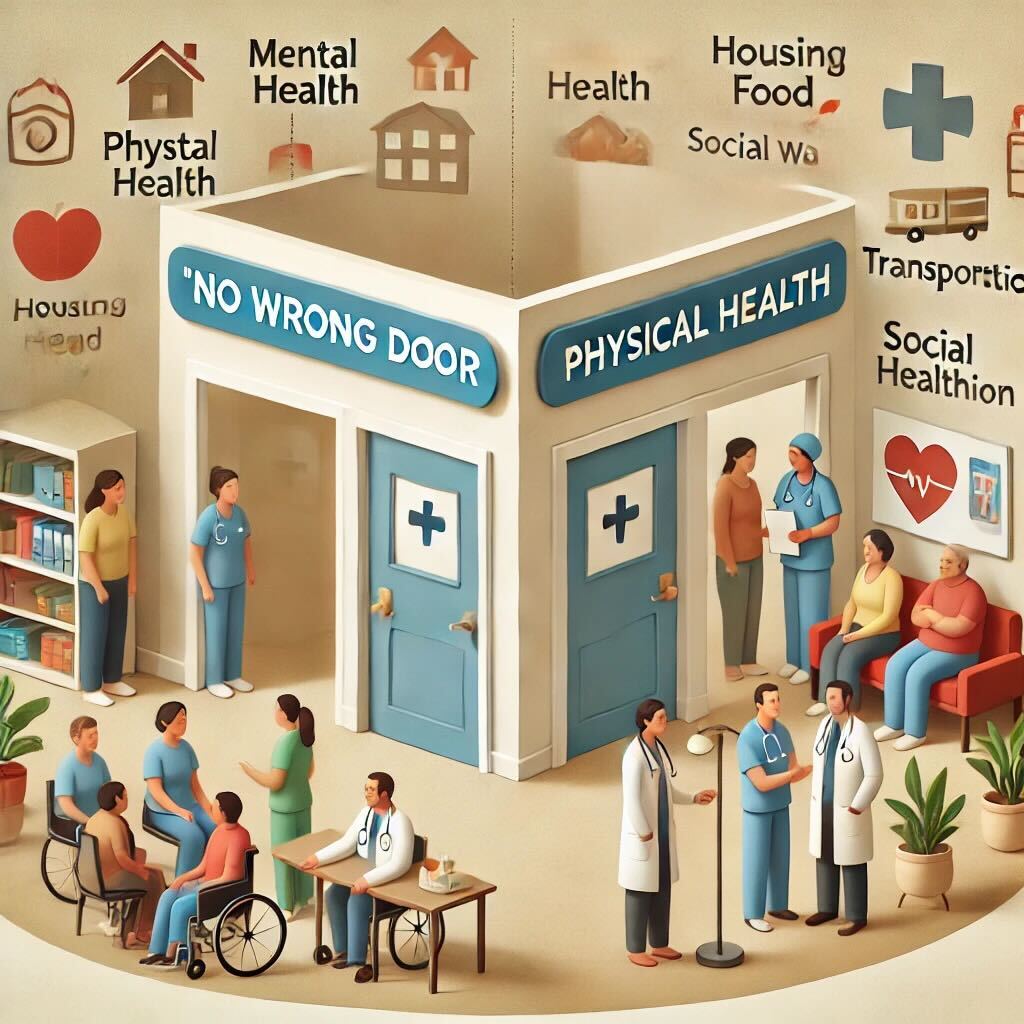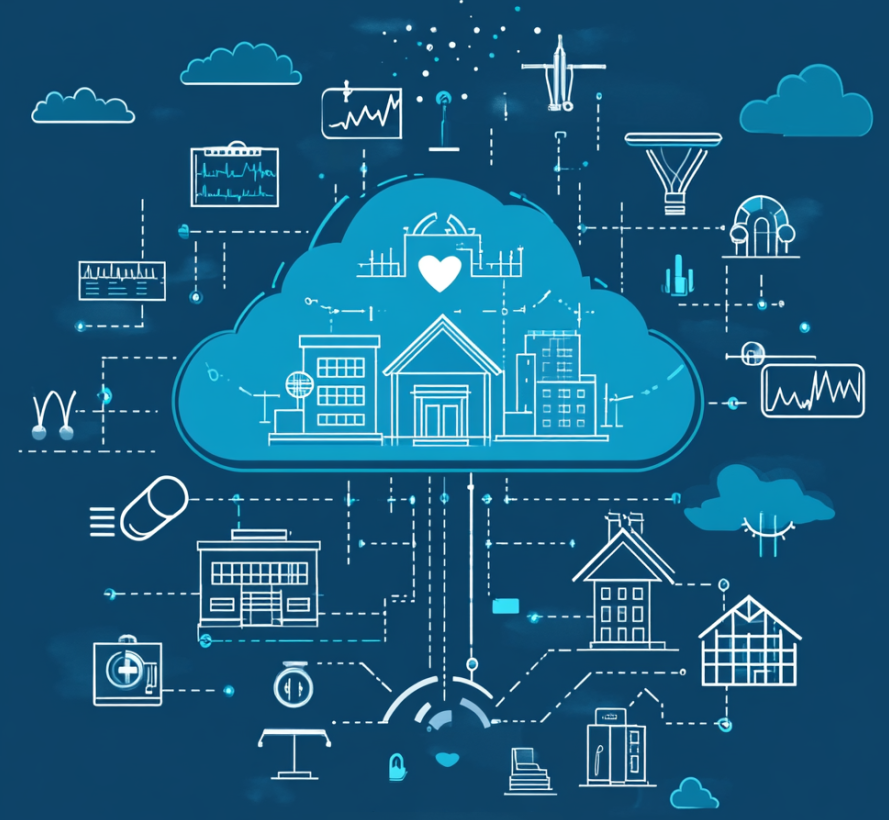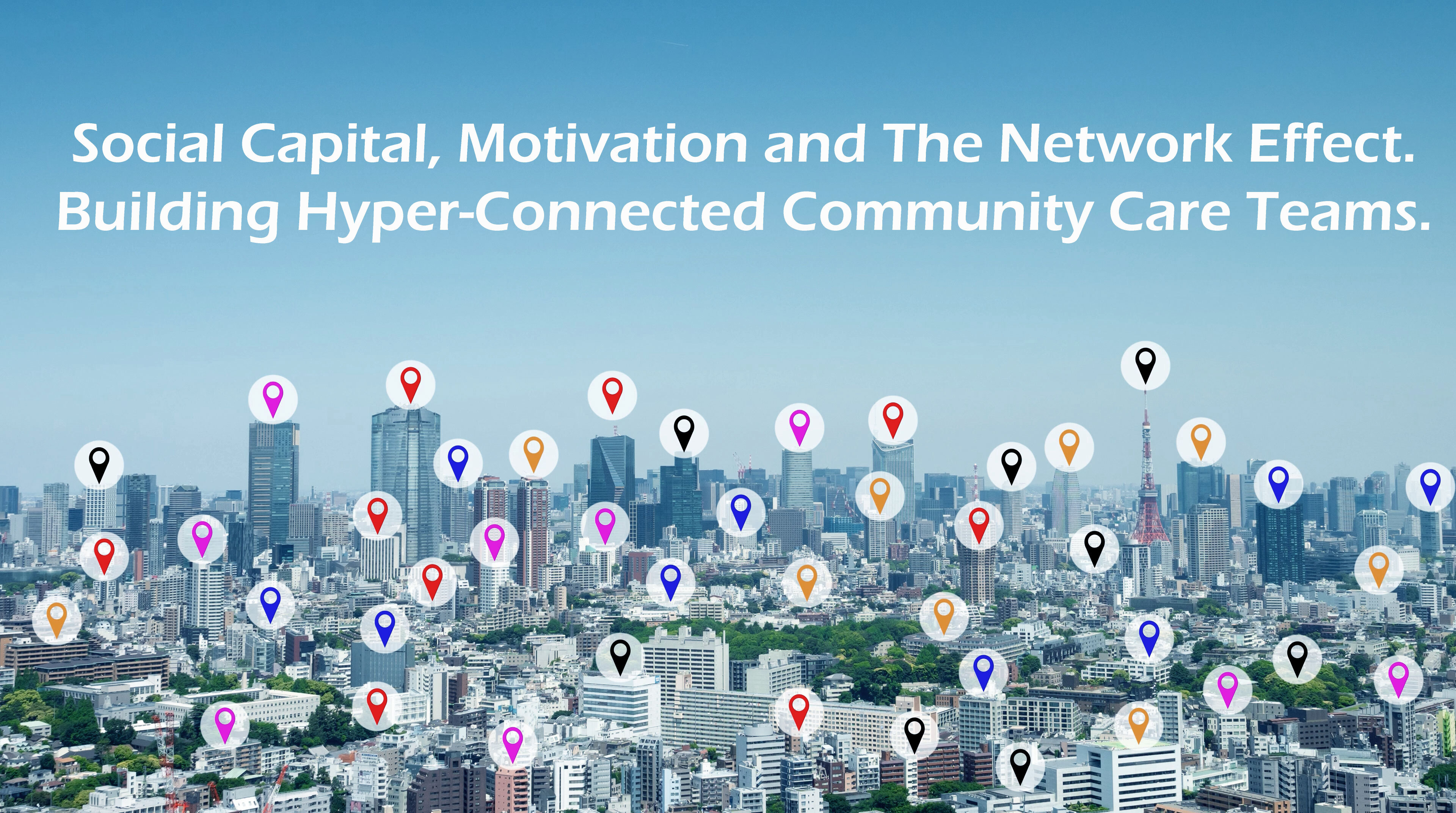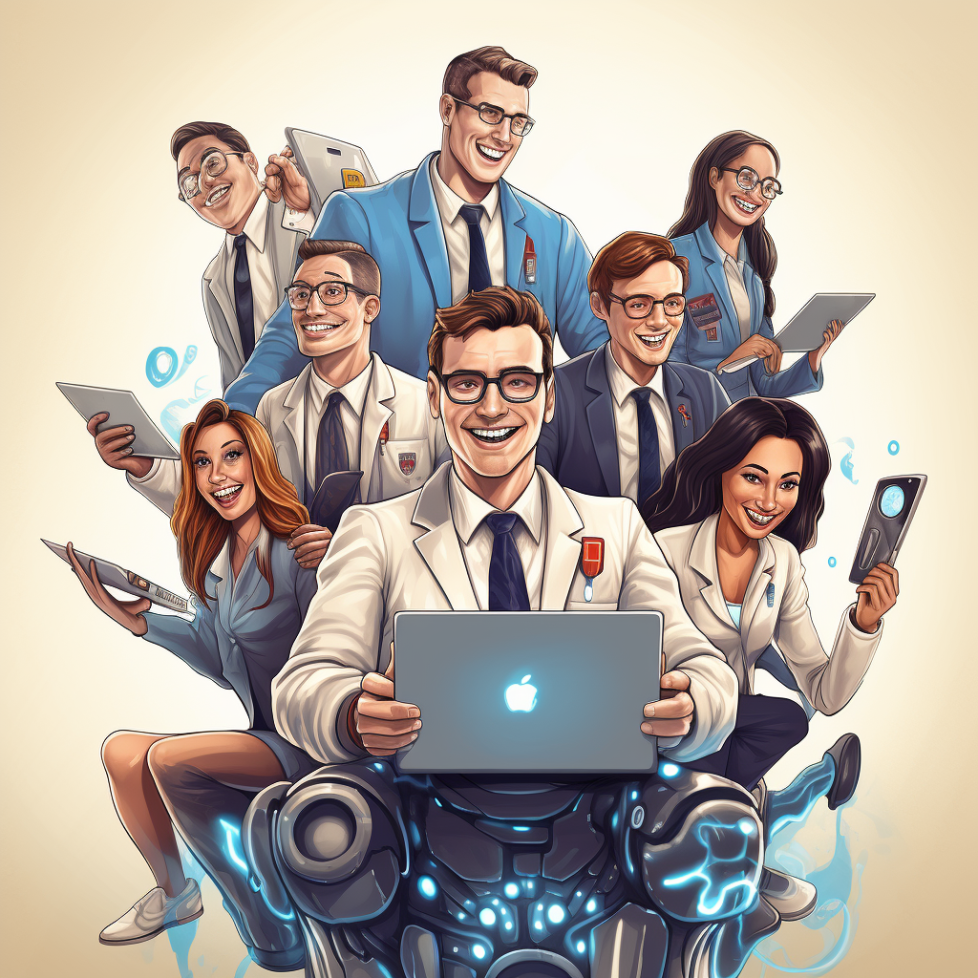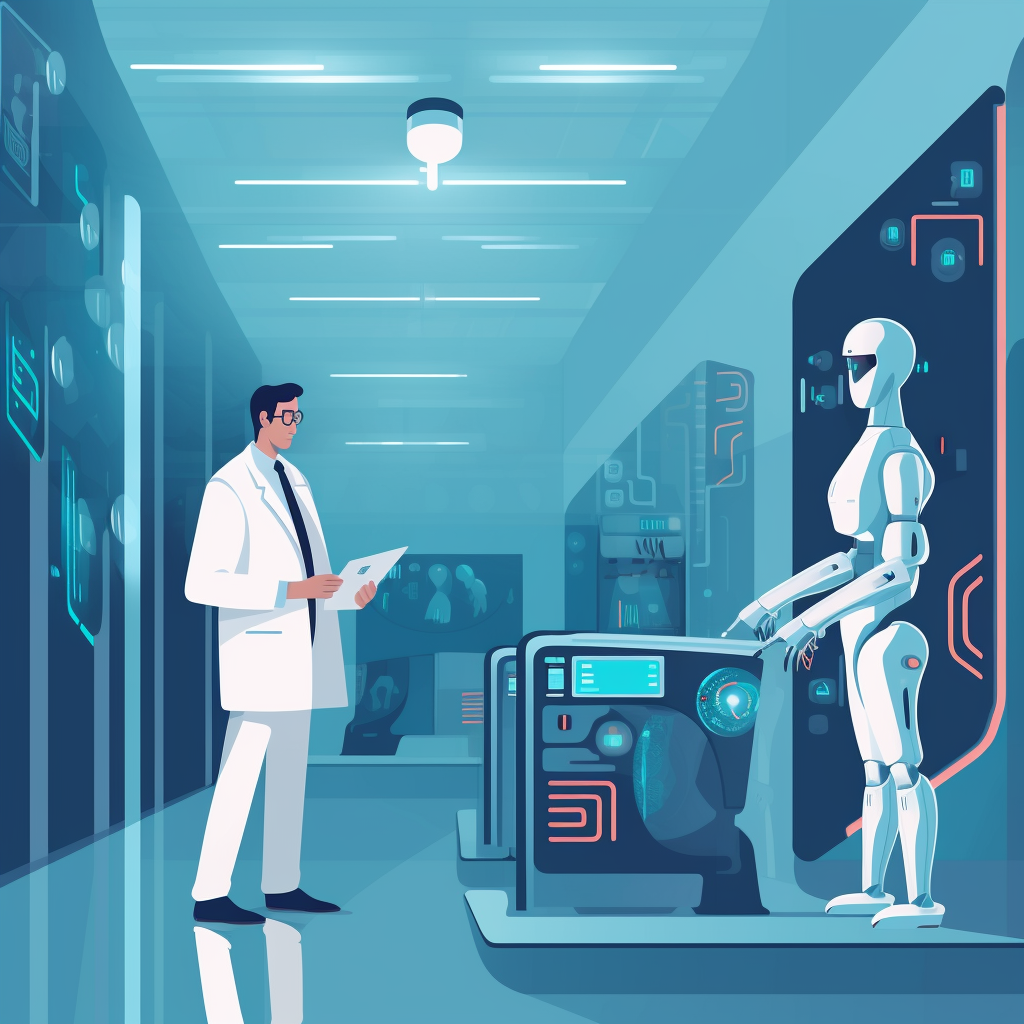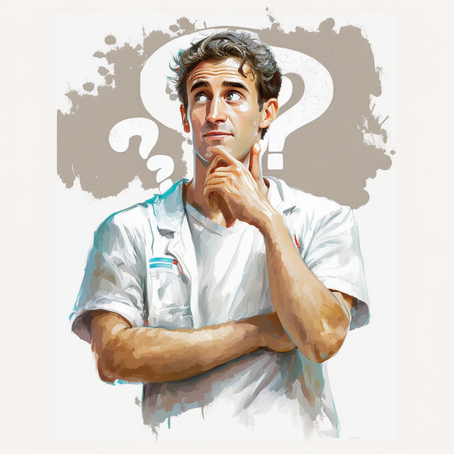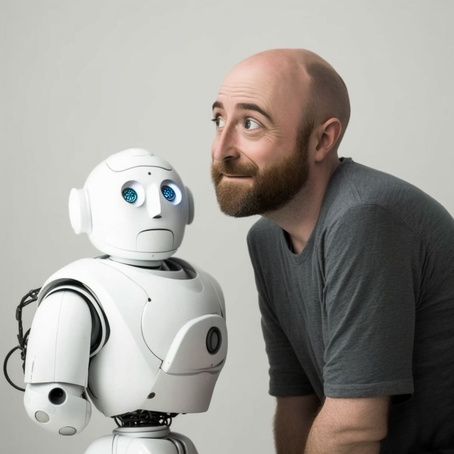Published Date:
Mar 3, 2023
Behavioral Health
ChatGPT
GPT-4 Why behavioral healthcare is going to L.O.V.E. it
No doubt there remains only a remote tribe near the Artic who has never heard of ChatGPT or its big brother GPT-4 Turbo or its variations. It’s at the top of the hype-cycle and the topic of conversation at every cocktail party on the planet. Naturally, there’s going to be an expert born every second for awhile. On the other hand, a lot of innovation is going to occur - fast! One thing is certain: Silicon Valley needs a next big thing and they just got their wish.
The next unicorn-class health innovators will be created from it.
No doubt there remains only a remote tribe near the Artic who has never heard of ChatGPT or its big brother GPT-4 Turbo or its variations. It’s at the top of the hype-cycle and the topic of conversation at every cocktail party on the planet. Naturally, there’s going to be an expert born every second for awhile. On the other hand, a lot of innovation is going to occur - fast! One thing is certain: Silicon Valley needs a next big thing and they just got their wish.
But, what exactly is GPT?
After being one of its first users in 2019 and with over 5 million hours training it to specifically understand behavioral health, it’s a pretty simple tool. I’ll admit, a pretty useful tool it is!
Here a very basic description:
The public version of GPT is a computer (language) program that generates text by reading data from the internet.
It’s not terribly important to understand how, unless you’re a geek, but it starts by predicting the next most predictable word, based on your question, and then continues until you get the answer to your question. That’s not much different from a Google or Bing search except it is without the advertisements and clutter you have wade through to get a simple answer. That makes it very cool.
But here is the important part; it’s just as accurate as the internet is accurate. That’s not cool if you’re working in a healthcare application. Or a nuclear plant. So OpenAI, figured out a way to solve this very important problem. It allows domain experts to feed it what they know about their world and that’s the data GPT uses to answer your questions.
On the contrary, if you’re enthusiastic enough to train it on something you love a certain magic happens. Here’s how we do it.
That means you have to do a lot of work to organize it and label it in a way that it will give you back topics relevant to a body of your subject. For this reason, the payoff is meaningful, and the behavioral health workforce is going to love it. That’s L.O.V.E it.
Here’s the “L.O.V.E.”
“Language” models help you “Learn” – just like the internet helps you learn when you put in those little special characters (operators) in the search bar (””OR,#..#,*). It helps you learn qualitatively more about your patient.
“Optimizer”. It will optimize your time and frees you from the mundane. You can spend 80% less time in your electronic healthcare records EHR system. Hallelujah!
“Virtual Assist”. It enables a virtual you. Your goal should be to review your entire case load while you’re enjoying your first cup of coffee. Without a keyboard and knock off most of your to-do list before a refill.
“Enterprise” scalable. It creates a bird’s-eye-view of your enterprise community that is limitless, interconnected and super-scalable. You’ll know what’s going on everywhere; all in simple and easy to understand text.
Microsoft co-founder Bill Gates believes ChatGPT, a chatbot that gives strikingly human-like responses to user queries, is as significant as the invention of the internet.
He continues, “Until now, artificial intelligence could read and write, but could not understand the content. The new programs like ChatGPT will make many office jobs more efficient by helping to write invoices or letters. This will change our world."
Or, spread a little LOVE among our behavioral health community.
Other Blogs
The Plan No One Sees Coming—But Soon Will
Exclusive
Mental Health
Addiction
Drugs

Ant Pheromone Study May Improve Mental Health Outcomes
Exclusive
Mental Health
Addiction
Drugs
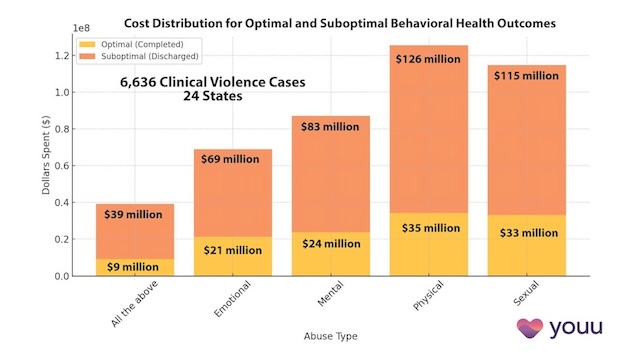
Interrupting Violence Should Be Irresistibly Investable
Exclusive
Mental Health
Addiction
Drugs
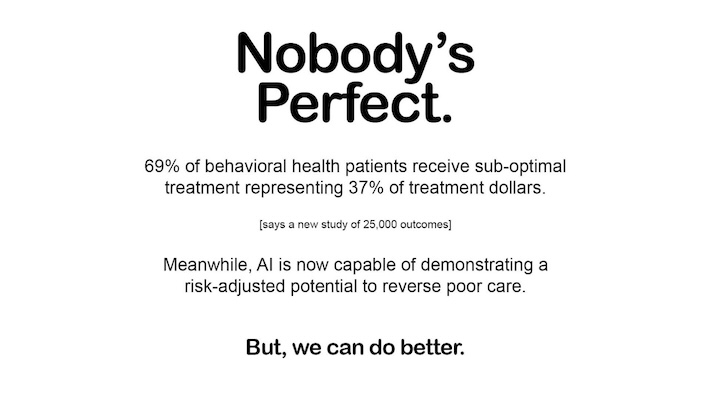
69% of Behavioral Health Patients Receive Sub-Optimal Care According to a New Analysis
Exclusive
Mental Health
Addiction
Drugs
Other Blogs
Have Questions? Lets Meet
Select a time you like to meet with us
